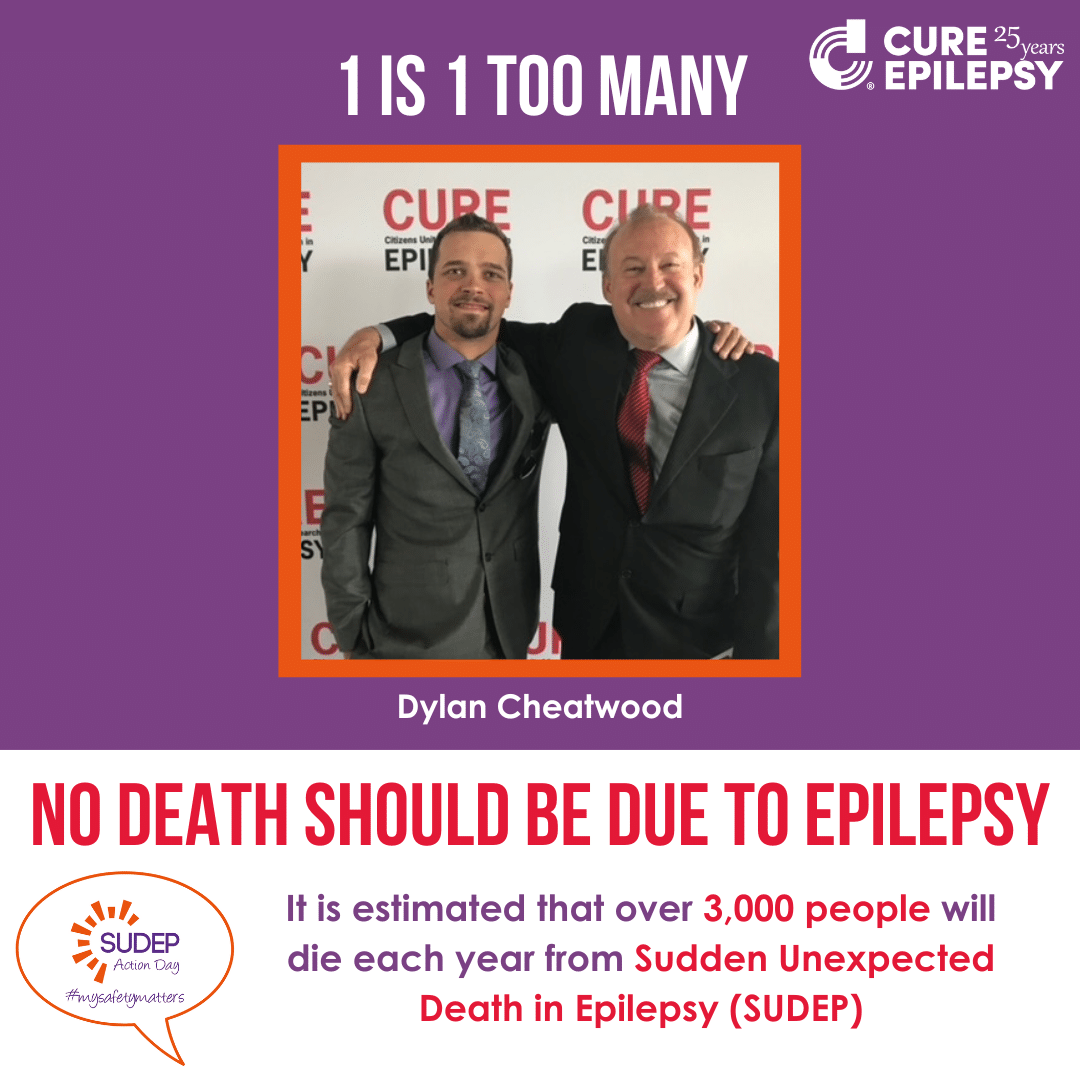Life After SUDEP: Experiences of Traumatic Loss and Growth
March 10, 2023
Abstract found on PubMed
Purpose: To understand the experiences of bereaved relatives of individuals who passed due to sudden unexpected death in epilepsy (SUDEP) and to explore the impacts of death in their lives.
Methods: The principles of fundamental qualitative description informed all design decisions. Stratified purposeful sampling included 21 bereaved relatives (parent, sibling, or spouse/partner), aged at least 18 years, of persons who passed away because of SUDEP. In-depth one-to-one interviews were conducted. Directed content analysis was used to code, categorize, and synthesize the interview data.
Results: There was some criticism of emergency response and medical professionals involved in providing insensitive or poor care immediately after SUDEP occurred. Personal hardships described by participants following SUDEP included loss of personal identity, feeling depressed, experiencing guilt, having panic attacks, requiring therapy, as well as having difficulty with anniversaries, dates, and cleaning up a child’s room. Bereaved spouses and parents in particular spoke of experiencing challenges in maintaining other relationships following the death. Some participants spoke of experiencing increased financial hardships. Ways of coping included keeping oneself busy, honoring the memory of the loved one, relying on friends and families, and engaging in advocacy/community work, including raising awareness on epilepsy and SUDEP.
Conclusions: Sudden unexpected death in epilepsy affected several aspects of the day-to-day lives of bereaved relatives. Though methods of coping were similar to the usual strategies adopted by all bereaved relatives, advocacy work related to raising awareness about epilepsy and SUDEP was unique to this group. Guidelines on SUDEP should ideally include recommendations for trauma-informed support and assessment for depression and anxiety to the bereaved relatives as well.






